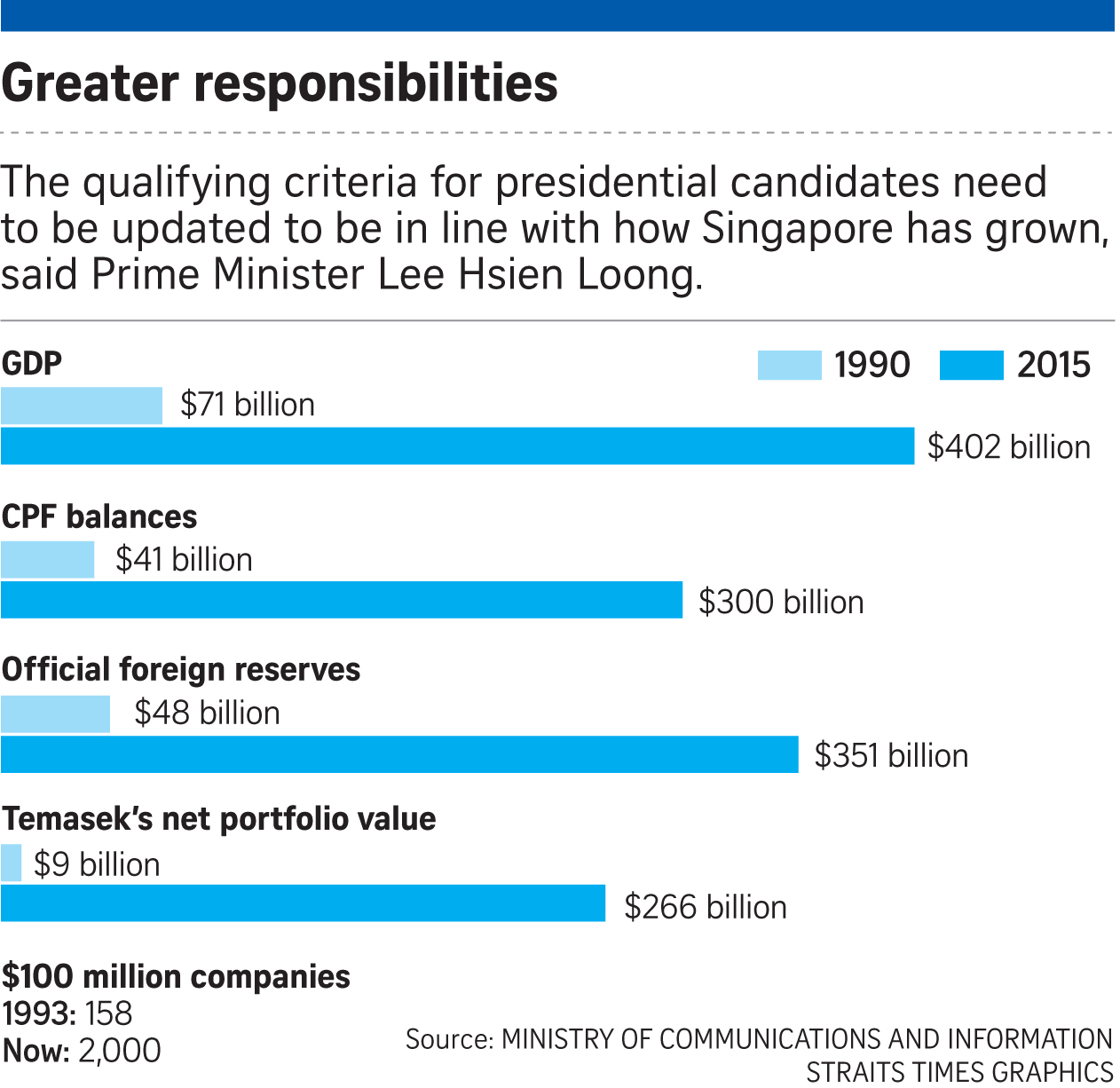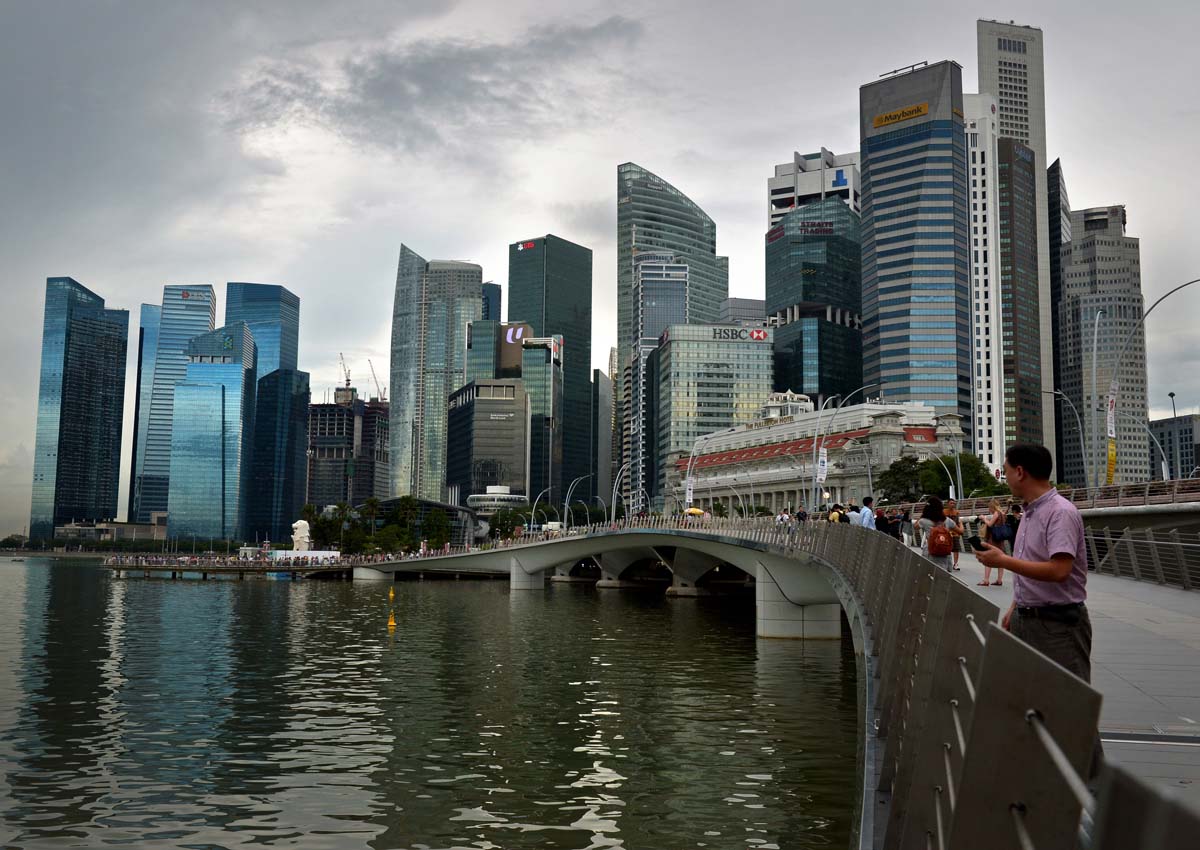At a dialogue last Thursday on the proposed changes to the elected presidency, a man in his mid-60s who gave his name as Mr Ng said he was hesitant about the idea to reserve elections for minority races.
If presidential candidates are not of a voter’s race, they might feel indifferent to the outcome, and not bother to vote properly, he suggested at the session held in Mandarin.
He continued: “If there are two Malay candidates, and we don’t know them very well… what if people would rather spoil their votes?” A quick show of hands showed, however, that no one in the audience was willing to throw away his vote in this manner.
But the man’s query reflects one particular concern that was also raised by observers about the Constitutional Commission’s proposal to reserve a presidential election for a particular race if there has been no president from that race for five terms in a row.
The idea of a reserved election was born out of a concern to ensure minorities are not – and do not feel – shut out of the highest office in the land.
The commission added its proposal has a “natural sunset”, saying: “If free and unregulated elections produce presidents from a varied distribution of ethnicities, the requirement of a reserved election will never be triggered.”
But might people, knowing that elections may be reserved periodically for particular races, change their voting behaviour?
In particular, might voters then take into consideration the race of candidates more than they otherwise would?
Institute of Policy Studies deputy director Gillian Koh and Singapore Management University law don Eugene Tan think there could be a risk, if it is not guarded against.
Says Dr Tan: “The practice of having a reserved election could very well result in voters exhibiting a stronger tendency to vote along racial lines during an open election.”
Take for instance, an open election pitting a Chinese candidate against a minority-race candidate.
What the analysts’ argument suggests is that in such an election, a Chinese Singaporean might choose to vote for the candidate of his own race since other races have their turn at the presidency in a reserved election.
What could also be of concern is that minority candidates might not even come forward to contest when an open election is held. They would, instead, wait for a reserved election where they stand a higher chance as they are not competing against someone who is Chinese.
If this then results in open elections becoming the domain of candidates who are Chinese, minority voters could become disillusioned.
But as voting is compulsory in Singapore, they could cast their vote arbitrarily without care or consideration for the attributes and merits of the candidates.
However, other observers say that this is an extreme and pessimistic reading of proposals that are designed to ensure minority representation. There are two broad reasons for thinking this way.
One is that race already plays a part in the way people vote.
Two, the system is likely to be designed in such a way that reserved elections will be held only if needed, and will not be a regular routine.
Observers and MPs such as Pasir Ris-Punggol GRC’s Sun Xueling, say that the feedback they have received so far gives them hope.
Says Ms Sun: “The Chinese community prides itself on a spirit of fairness and inclusivity. Based on the people I have spoken with, they support the need for a mechanism that safeguards the interests of the minorities.”
Sociologist Tan Ern Ser says Singapore can have a system that presumes race neutrality. But that means ignoring the reality of race as an issue, and hoping that the race factor will somehow decline in significance.
“That could have disastrous consequences because we cannot simply sweep it under the carpet,” he says.
The better option is to recognise the significance of race and “do all we can to level the playing field” – as the minority provision attempts to do.

While this may reinforce racial identity and differences, at least in the short term, this is not necessarily harmful, he argues.
“What is harmful is racial inequality, not racial diversity. By not levelling the playing field, we are perpetuating racial inequality.”
Institute of Policy Studies senior research fellow Mathew Mathews, who specialises in race issues, is also more optimistic. He says that restricted elections will be the exception and not the rule – exercised when years have passed without a minority president.
“People might view that particular election differently, but hopefully they can see the bigger picture of wanting to have a presidency which is served by presidents of different races,” says Dr Mathews.
Additional reporting by Olivia Ho

This article was first published on September 11, 2016.
Get a copy of The Straits Times or go to straitstimes.com for more stories.



























































































